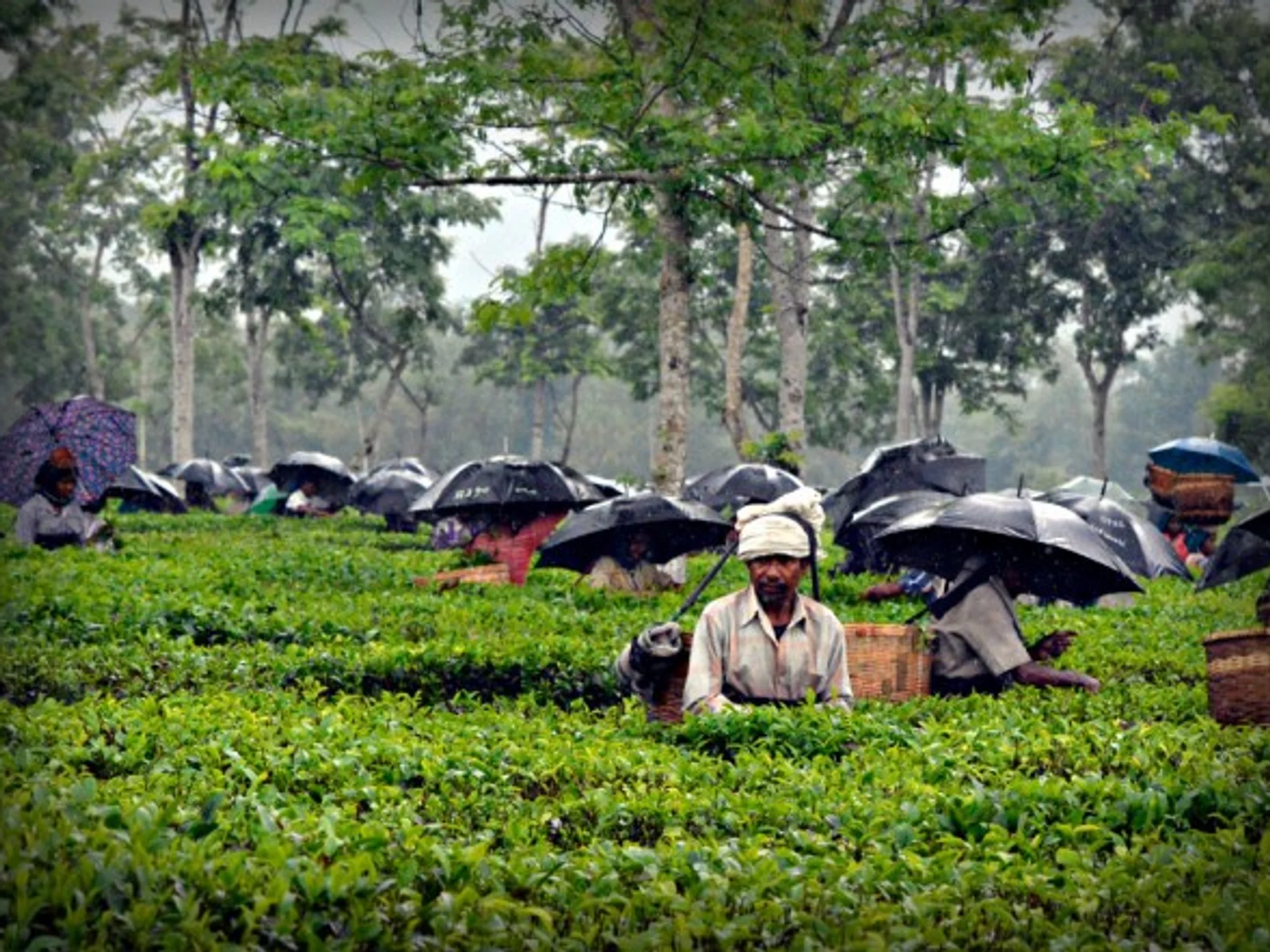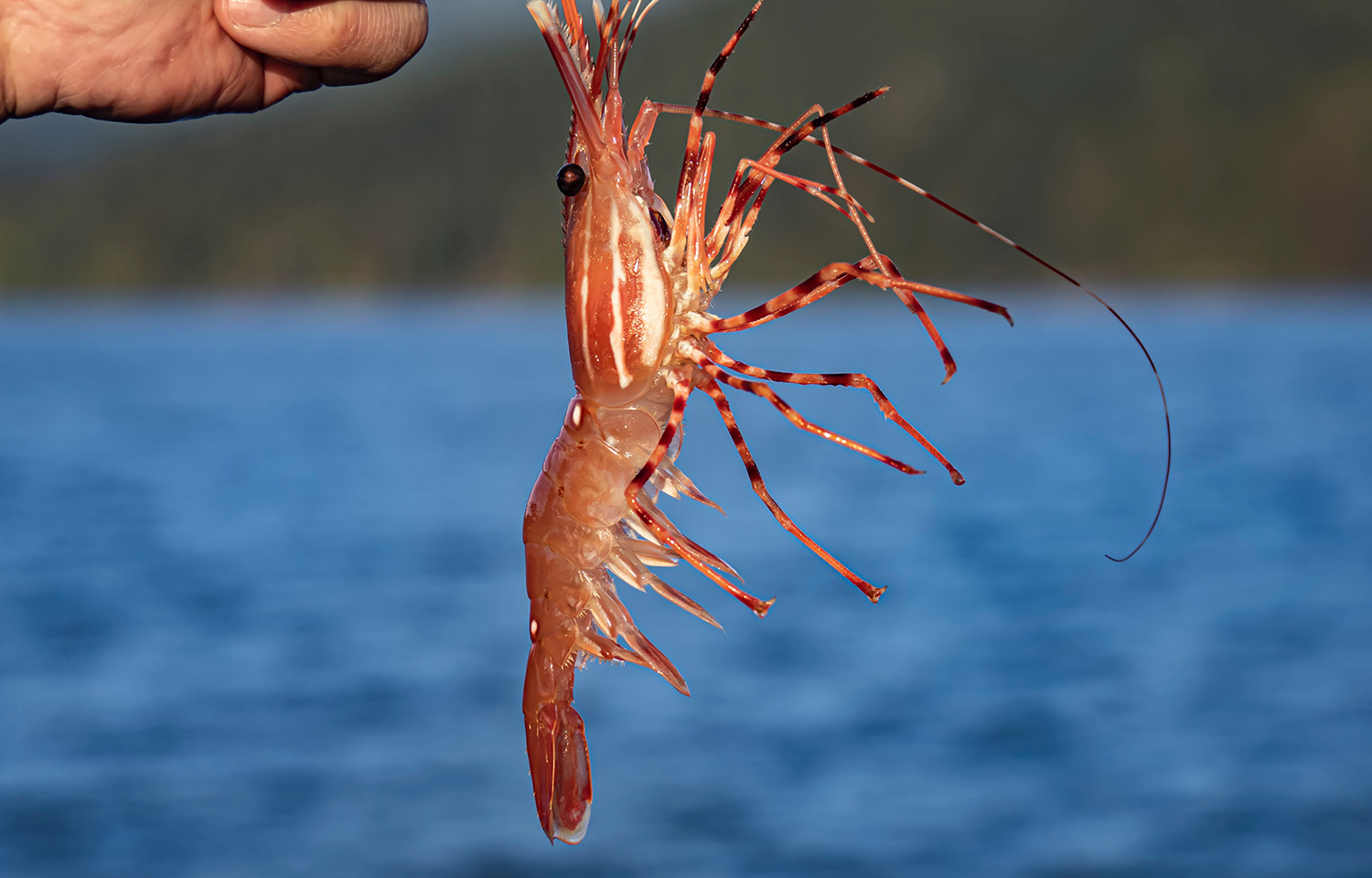Over the past year, American beekeepers have lost more than 40 percent of their colonies, according to a report released Wednesday. In terms of total losses, this is the second-worst year for bees since the survey began nine years ago.
However, for the first time on record, more bees died in the summer than in the winter. Typically, beekeepers lose more insects in the cold months, says Dennis van Engelsdorp, an assistant professor of entomology at the University of Maryland and project director for the Bee Informed Partnership, which conducted the survey.
“That totally shocks me,” van Engelsdorp says. “I would have never guessed that would happen. In the winter, of course, the bees have to live off their stores of honey. It’s the most stressful time, and you’re going to see losses. But summer losses? Summertime is like paradise for bees, what with all the flowers.”

The scientists don’t know exactly what’s causing the summer losses, but they have some guesses.
One reason may be that, compared with the past, there are now fewer undeveloped areas where bees can forage in the Midwest during the summer, vanEngelsdorp says. After fertilizing California almond groves in the spring, many commercial apiarists bring their bees back to the Midwest to pollinate flowers and make honey, which they then sell. But there are less fallow bloom-filled fields now because farmers have plowed under much more land to plant corn and soybeans, as the price for each of these commodities has increased in recent years, he says.
In some states, like Montana, the amount of farmland set aside for conservation has declined by 50 percent in the past seven years.
Scientists are also finding an increasing number of harmful chemicals in beehives. A relatively new class of pesticides called neonicotinoids likely play a role, research shows. But vanEngelsdorp says he’s even more worried about other chemicals, like fungicides and various insecticides.
Finally, a vexing type of bee parasite called varroa mites play a role, especially for backyard beekeepers. About 60 percent of these small-time apiarists aren’t treating their mites, he adds.
More than 6,100 beekeepers in the United States responded to the survey. Together, these apiarists managed nearly 400,000 colonies as of last year, accounting for nearly 15 percent of the country’s total managed honey bee hives.
Beekeepers respond to hive losses by splitting up their colonies, cutting one in half to form two. They then buy new queen bees (from various companies that specialize in breeding these insects) that allow the new colonies to sustain themselves. These efforts have kept the actual total population of honeybees stable, but it costs the beekeepers a lot of time and money, vanEngelsdorp says.
Are things going to keep getting worse for bees? “If we look at winter losses, those have gone from horrible to bad,” meaning things have improved slightly, vanEngelsdorp says. But the new summer losses are concerning, and “we need to come to understand what’s going on,” he adds.

Source - http://www.newsweek.com/













